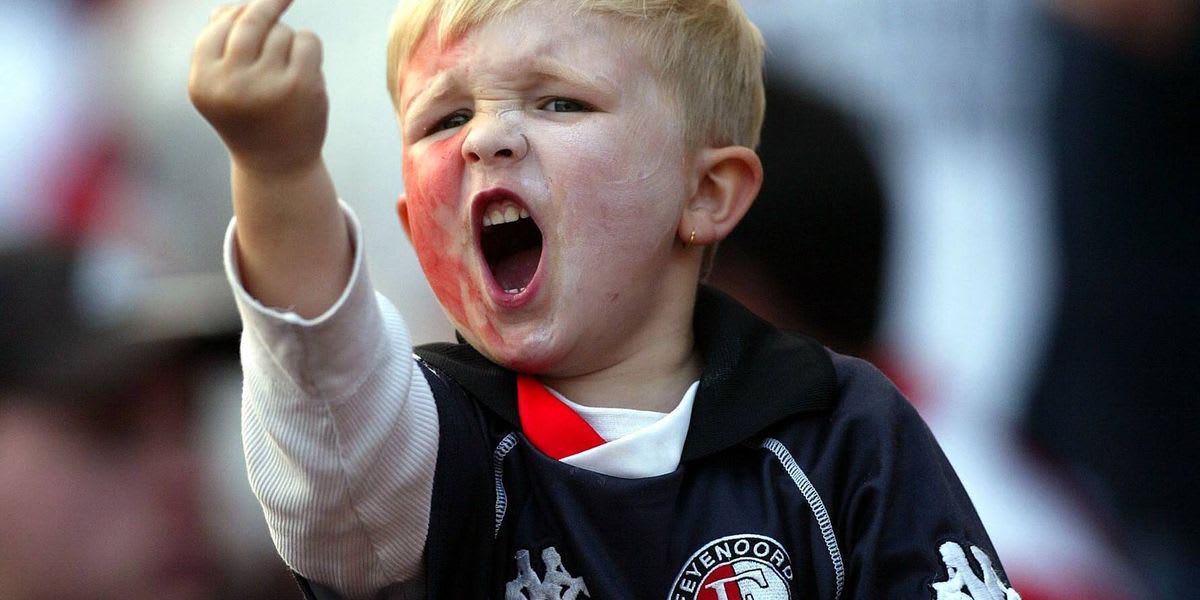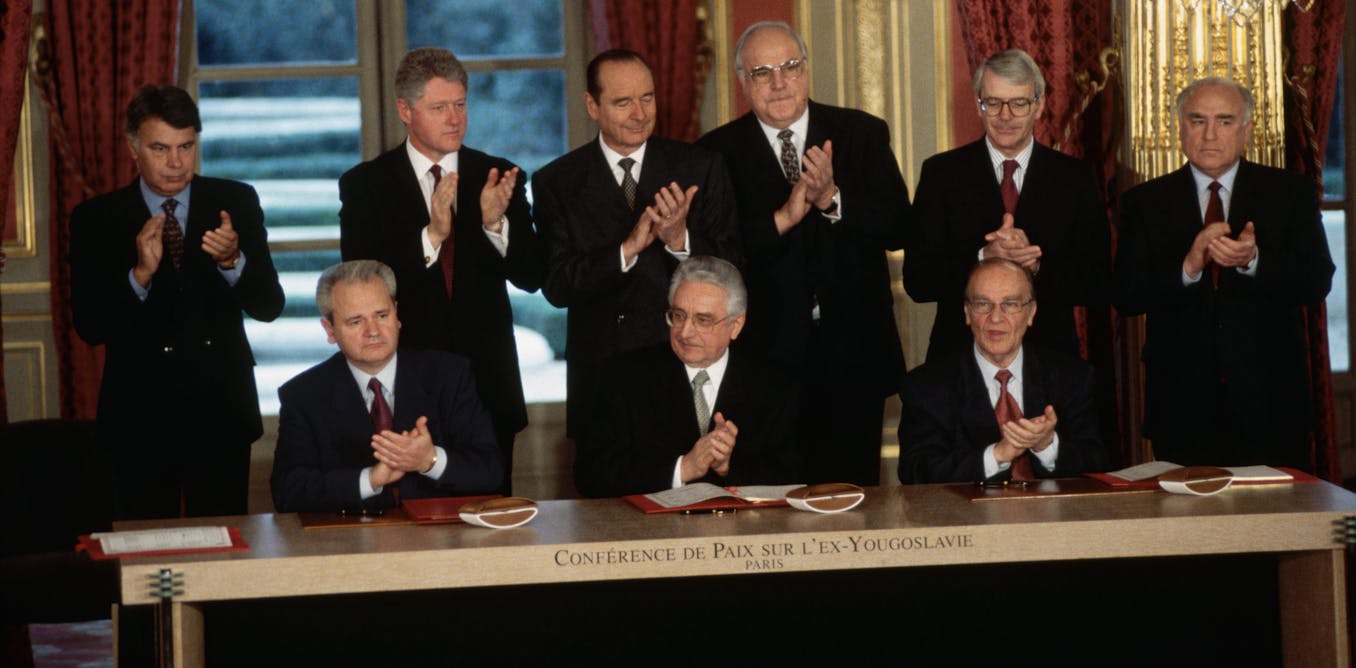Silicon Valley didn’t free us. It just made the prison comfortable.
We were promised a friction-free existence: AI would bleach the boredom out of life, tidy the edges, and return our hours to us like a lost inheritance. Emails would draft themselves, calendars would obey, and algorithms would guide us toward the products, partners, and opinions we never asked for but suddenly “wanted”—because the math insisted we did.
And, depressingly, it worked. Here’s the part the keynote prophets forgot to mention: Friction wasn’t the problem. Friction was the point.
The more we automate, the fewer collisions we have with one another. We are smoothing the world so perfectly that nothing catches anymore. Meaning was never found in efficiency; it was forged in the wreckage—the arguments, the grief, the humiliation, and the public spectacle of being wrong and returning anyway.
When machines take over the doing, we’re left with the one thing they can’t metabolize: feeling. And humans don’t thrive on clarity. We wilt under it. That’s the paradox of the century: automation creates emptiness, and emptiness demands belief.
AI is a prediction engine built to erase uncertainty—unfortunately, uncertainty is the breeding ground of hope. When your playlist, your career path, and your dating life are optimized into inevitability, the mind starts craving something that refuses to behave. Something that isn’t correct. Something with teeth. The West didn’t lose its faith; it simply changed suppliers. Belief didn’t disappear—it migrated into political cults, conspiratorial fairy tales, and identity micro-sects.
We didn’t stop worshipping. We just stopped agreeing on the name of the god. But one cathedral still draws a crowd—the last secular religion with a functioning congregation: Football. Call it “just a game,” and you’ve missed the psychological crisis of the AI age. In a world tailored to the individual pixel, football is the last experience that refuses to be about you. It is the anti-algorithm.
It has a liturgy: the weekly pilgrimage, the sacred textiles of scarves and kits, the chanting that would get you institutionalized anywhere else. It has saints, villains, and willing martyrs. It runs on shared memory—“Where were you when…”—and demands faith without evidence. Every August, millions believe this season will be different, despite all available proof that it won’t. An AI would call that irrational. A human calls it Saturday.
Football offers the one thing Silicon Valley can’t counterfeit: presence. It gathers 50,000 strangers and forces them to breathe in unison. You don’t watch football. It absorbs you.
Here’s the irony of the AI century: the more digital the world becomes, the more physical our hunger for meaning will get. Machines will handle logic. They will diagnose, optimize, and manage the dull administration of staying alive. What they cannot do is matter. They can mimic a voice, but not a room. They can predict an ending, but they cannot make anyone care. So let the bots have the spreadsheets. Let them organize the logistics of daily life.
The 21st century will not be the age where religion dies—it will be the age where it comes back with fewer manners. We will cling to the irrational because it is the last available proof that we are not code. When everything is optimized, the only things left worth living for are the ones logic can’t touch: hope, heartbreak, devotion, and the feeling of standing shoulder-to-shoulder in the freezing dark, screaming for a ball to cross a line, surrounded by people who believe in something useless—and therefore indispensable.
.png)




